All Stories
-
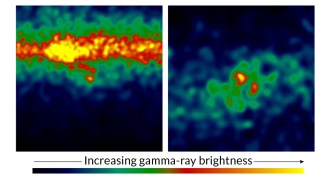 Astronomy
AstronomyGamma rays streaming from stellar explosions stump astronomers
The Fermi satellite detected gamma rays coming from an unexpected source — and astronomers don’t understand what made that possible.
-
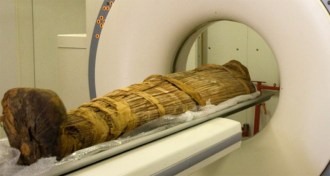 Health & Medicine
Health & MedicineMummies reveal hardened arteries
Mummy studies suggest heart disease is an ancient malady, not just the product of modern diets and sedentary lifestyles.
-
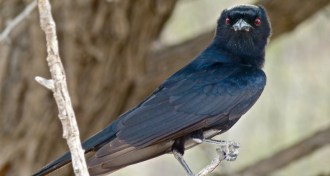 Animals
AnimalsDrongos deceive but weavers let them
The fork-tailed drongos of Africa manipulate others to get a meal, but there is good reason to let them get away with the deception.
-
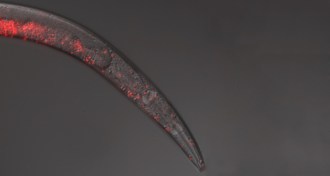 Animals
AnimalsNematode sperm go rogue
Worm sperm a killer when nematode species crossbreed.
By Susan Milius -
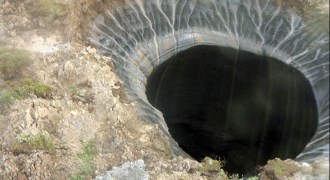 Earth
EarthSiberian crater mystery may be solved
Thawing permafrost probably burped a ground-breaking methane bubble that ripped the huge hole in the Yamal peninsula.
-
 Health & Medicine
Health & MedicineSeven facts and a mystery about hand, foot and mouth disease
Hand, foot and mouth disease is a viral illness that most kids get before age 5. Several different viruses cause the condition, which causes blisters and fevers.
-
 Neuroscience
NeurosciencePart of brain’s pleasure network curbed in mice with chronic pain
Part of brain’s pleasure network is muffled in mice with chronic paw injuries, a new study finds.
-
 Health & Medicine
Health & MedicineFist bumps spread fewer bacteria than handshakes
Fist bumping spreads far fewer bacteria than a handshake or a high five, a new study shows.
-
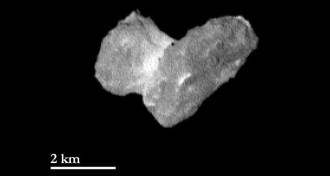 Planetary Science
Planetary ScienceRosetta spacecraft gets better view of comet’s fuzz
News images are giving astronomers a sense of the size of comet 67P/Churyumov-Gerasimenko's coma and the shape of its core.
-
 Health & Medicine
Health & MedicineResistance to key malaria drug spreads
Parasites that are less susceptible to artemisinin now affect several Asian countries.
By Nathan Seppa -
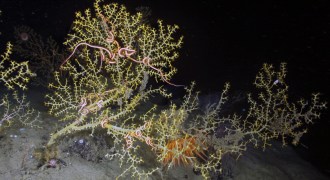 Environment
EnvironmentDeepwater Horizon damage footprint larger than thought
In the Gulf of Mexico, most deep-sea corals have escaped damage from the Deepwater Horizon blowout. However, the impact does extend deeper and wider than previously thought.
-
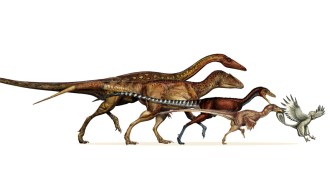 Paleontology
PaleontologyDinosaurs shrank continually into birds
Steady miniaturization and rapidly changing skeletons transformed massive animals into today’s fliers.
By Meghan Rosen